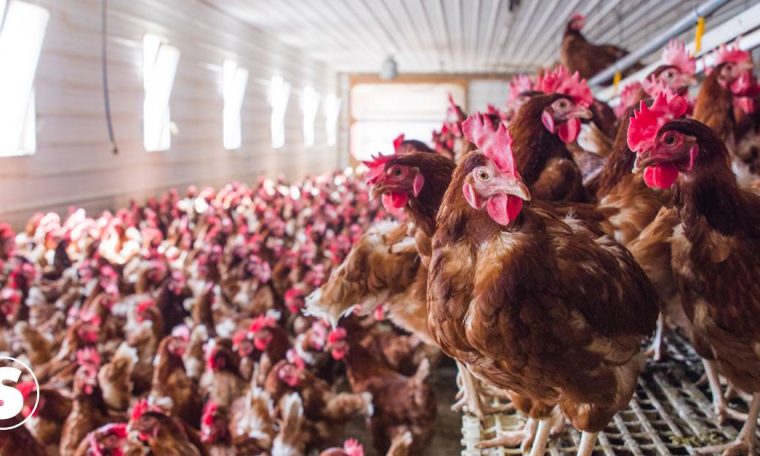

India is the second country most affected by the Kovid-19 epidemic, with more than 10.3 million confirmed cases and 150,000 deaths. But Saras-Cove-2 is not the only virus of concern for the country’s authorities. Cases of avian influenza reported in six states led the federal government to declare a “high alert”, taking extreme measures to prevent the spread of the disease.
Avian influenza, as its name suggests, occurs mainly in birds, being highly contagious among them. Man can also contract the disease, but only through contact with infected bird droppings or the consumption of their flesh and eggs – transmission between people has never been recorded. Symptoms are similar to a common flu, including muscle and headache, cough and shortness of breath. But they can also develop in severe conditions, causing pneumonia, respiratory failure, and heart problems.
In the Indian state of Himachal Pradesh, around 2,400 dead migratory birds were found from Pong Dam lake. Most of them were striped-headed geese, which fly from Siberia to Mongolia during winter. A report released by the National Institute for High Security Veterinary Epidemiology (NIHSAD) confirmed the presence of a subtype of the H5N1 virus, influenza A, that causes avian influenza in animals.
In Kerala, 12,000 ducklings died on farms in the region. Tests have blamed another subtype of influenza A, H5N8, which is not considered dangerous to humans. The states of Madhya Pradesh, Rajasthan, Gujarat, Haryana have also come down to the number of dead birds in their territories, but the presence of influenza A virus has been confirmed only in the first two – awaiting the results of the Gujarat and Haryana tests.
States are taking steps to stop the virus from spreading. In Himachal Pradesh, the sale of birds within a kilometer of the lake on which animals found dead were banned. Tourism in the area has also been disrupted. Meanwhile, Kerala will slaughter more than 30,000 birds from state farms, also restricting the transport of poultry eggs and meat between some districts in the region. In Madhya Pradesh, it was reduced on Tuesday (5) that the chicken and egg trade should be stopped for a period of 15 days. Similar actions should be followed in other states.



